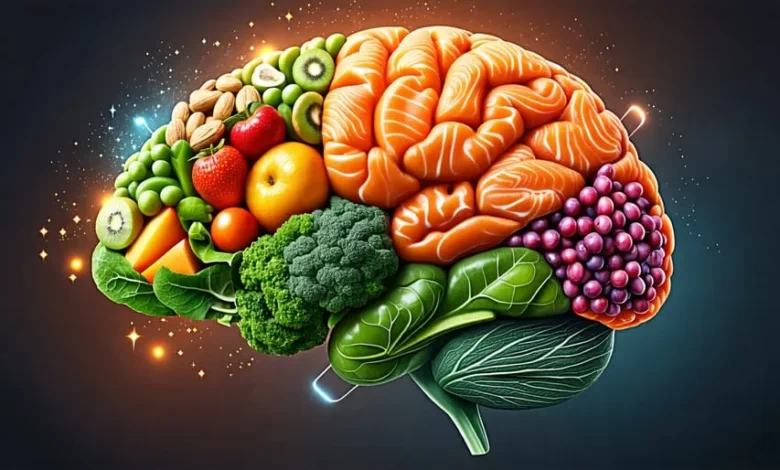The Link Between Nutrition and Mental Clarity What You Need to Know

What we eat significantly affects how we feel, think, and function throughout the day. Nutrition is not just about fueling the body; it also influences the brain. Recent discussions around the connection between eating habits and mental clarity have led many to examine their diets more closely. While there’s no universal approach to achieving mental sharpness, understanding how certain foods interact with your brain can provide valuable insight.
How Food Affects Brain Function
The brain operates as the body’s control center, requiring consistent nourishment to work effectively. Certain foods provide the energy and nutrients that allow them to function optimally. For instance, whole grains are thought to supply steady energy, while antioxidant-rich fruits and vegetables help reduce oxidative stress in the brain. On the other hand, a diet high in processed sugars may lead to energy crashes, which could leave you feeling foggy or lethargic. This balance of nutrition could influence mental clarity by supporting attention levels, alertness, and focus. While the connection may not be the same for everyone, research has highlighted how eating patterns may directly relate to cognitive well-being.
The Role of Nutrient-Dense Foods
Foods rich in nutrients such as omega-3 fatty acids, vitamins, and minerals may influence brain performance positively. For example, fatty fish like salmon and mackerel are known for their omega-3 content, which supports cell membranes in the brain. Similarly, leafy greens like spinach provide folate and vitamin K, which are thought to contribute to memory support. Sticking to a heavily restrictive diet may leave the brain undernourished and unable to meet its requirements. Incorporating balanced and varied food sources might bring greater consistency in mental sharpness. Foods such as nuts, seeds, and lean proteins make excellent choices for everyday meals. Over time, these foods may foster an environment for healthier cognitive function.
Hydration and Its Impact on Mental Clarity
Hydration may also influence mental clarity. The brain comprises approximately 75% water so mild dehydration could impact focus and concentration. Drinking water consistently throughout the day helps maintain proper hydration levels, which may keep mental sluggishness at bay.
Other beverage options like green tea or herbal infusions also provide benefits. Green tea contains antioxidants and may contribute to calm alertness, making it a popular choice. Limiting sugary or highly caffeinated beverages improves brain health in the long run.
Foods to Limit for Greater Focus
While consuming nutrient-dense foods is helpful, it’s just as important to recognize which foods to limit. Diets high in sugar, trans fats, and ultra-processed meals are often linked to lower concentration and energy levels. These foods may lead to blood sugar spikes, followed by drops that could result in mental fatigue or fogginess.
Instead of entirely avoiding comfort foods, balancing them with nutrient-rich alternatives could be a more practical approach. Swapping fried snacks for baked options or choosing dark chocolate over processed candy are minor adjustments that may have a noticeable impact over time.
Simple Ways to Enhance Nutrition for Improved Clarity
Building habits to improve your diet doesn’t have to be overwhelming. Consider starting with a few of these small, actionable steps to make changes more manageable:
- Add more fruits and vegetables to your meals for added fiber and antioxidants.
- Choose whole grains like oats, quinoa, or brown rice instead of refined carbs.
- Incorporate fatty fish or nuts into your weekly diet for added healthy fats.
- Keep a refillable water bottle nearby to remind you to stay hydrated.
- Begin meal prepping to plan balanced and nutrient-dense meals ahead of time.
These subtle adjustments can pave the way for long-term benefits, contributing to physical and mental wellness.





